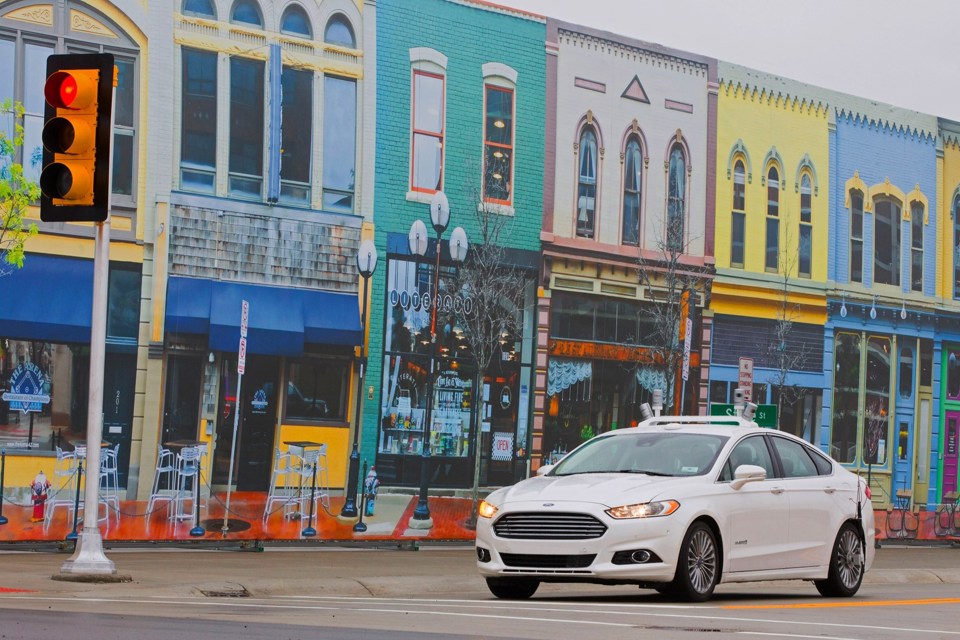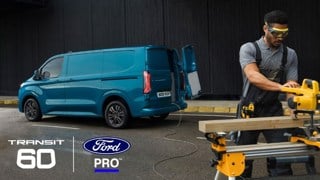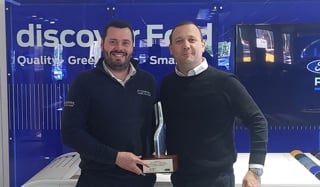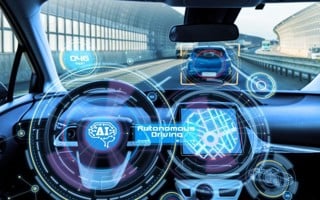Ford has developed its involvement in four new start-up companies and doubled the size of its Silicon Valley-based development team as it targets fully-autonomous ride-sharing by 2021.
The brand aims to be a market leader in new mobility solutions and has announced its plans to create a high-volume, fully autonomous vehicle within five years.
Mark Fields, Ford president and chief executive, said: “The next decade will be defined by automation of the automobile, and we see autonomous vehicles as having as significant an impact on society as Ford's moving assembly line did 100 years ago.
"We're dedicated to putting on the road an autonomous vehicle that can improve safety and solve social and environmental challenges for millions of people – not just those who can afford luxury vehicles."
Autonomous vehicles in 2021 are part of Ford Smart Mobility, the company's plan to be a leader in autonomous vehicles, as well as in connectivity, mobility, the customer experience, and data and analytics.
Ford's first fully autonomous vehicle will be a Society of Automotive Engineers-rated level 4-capable vehicle, without a steering wheel or accelerator and brake pedals
Its plans are being spearheaded by development teams in the US who will, this year, triple the size of the brand’s autonomous vehicle test fleet to be the largest test fleet – bringing around 30 self-driving vehicles to highways across the Atlantic.
Ford currently works with more than 40 start-up companies to develop its autonomous, fully connected strategy.
Its latest partnerships see it team up with: light detecting and ranging sensor specialist Velodyne; Israel-based computer vision and machine learning company SAIPS; Nirenberg Neuroscience LLC, which specialises in facial and object recognition; and Berkeley-based Civil Maps.


















Login to comment
Comments
No comments have been made yet.